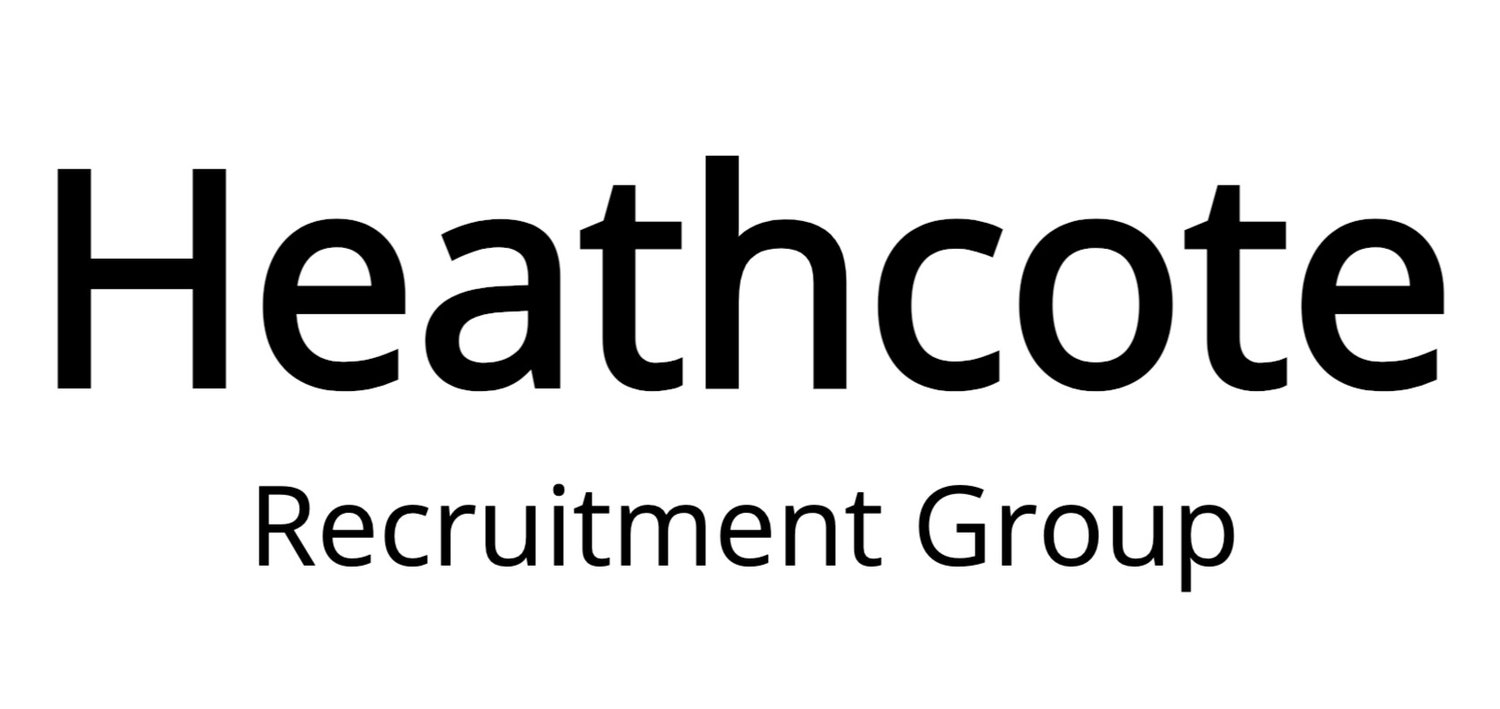Birmingham-based specialist recruitment consultancy ESA Group has unveiled a brand new sales division to complement its existing four core market offerings. ESA Sales will help local businesses source the best candidates for a range of permanent, interim and contract sales roles across all levels, from junior account manager to executive sales director. It will join ESA Marketing, HR, Technology and Procurement and Supply Chain divisions at the company’s headquarters in Victoria Square.
The launch of ESA Sales comes at an exciting time for the company, which has seen impressive growth rates since launching in November 2010 with a single Marketing division and two employees.
Now a team of twenty permanent staff and recruiting across five specialist areas of the market, they have progressed to a leading commercial recruiter for the Midlands – a success they attribute to offering employers a bespoke recruitment experience centred around delivering exceptional customer service.
Daniel Heathcote, Managing Director and Founder of ESA Group, said:
“ESA Group are on an upward trajectory and this year has seen our biggest successes yet, with headcount doubling and sales up sixty per cent, and profits projected to double. Our new sales division is part of our five-year strategy which will see us develop our business further. Our objective is to double turnover in 2017 which will be challenging but I am confident we can achieve given our continued investment in staff, systems and marketing.”
“It is extremely exciting to be able to launch this new venture and we are confident that ESA Sales will further strengthen the portfolio of services that ESA Group offers its Midlands-based clients and candidates.”
“We pride ourselves on the high levels of personal service that we deliver to each and every customer and on our open and transparent approach which underpins everything we do. ESA Sales works towards our vision, and ensures we continue to deliver the specialist service that our customers expect.”
The company has appointed senior sales specialist Jamie Dawson to head up the new Sales division. Jamie brings more than 5 ½ years sales experience having worked for national and regional firms in a number of sales roles including Business Development Manager and Digital Account Manager. He will oversee a team of consultants who are all experts in their respective sectors of the industry, including B2B, FMCG, Financial Services, IT Software Sales, Technology and Public Sector.
For more information, visit the ESA Sales homepage.

 Marketing
Marketing